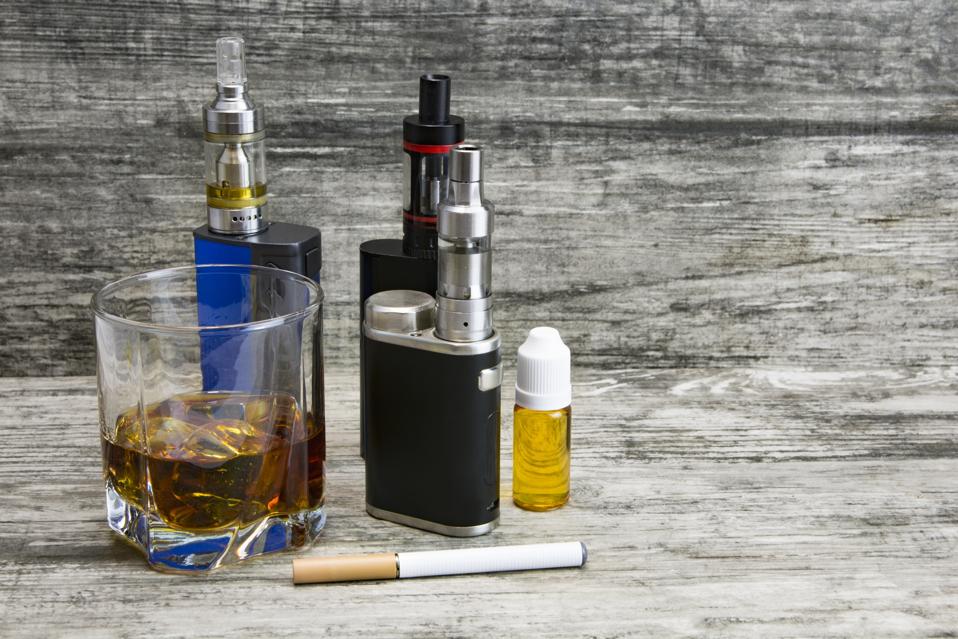Marijuana legalization and the advent of regulated pot sales were associated with declines in the use of alcohol, e-cigarettes and cannabis, according to the results of a recent research letter published by the peer-reviewed journal JAMA Pediatrics.
Researchers affiliated with Boston College and the University of Maryland conducted the study, using data from the Youth Risk Behavior Surveys collected from nearly 900,000 ninth and tenth graders in 47 states between 2011 and 2021. Survey participants reported on their use of alcohol, cigarettes, e-cigarettes and cannabis, and the research team examined associations between the legalization of marijuana and legalized retail cannabis sales with teen substance use. The researchers adjusted for youth demographic characteristics, the legalization and decriminalization of medical cannabis, additional state policies and other factors.
The researchers note that since 2012, 24 states and Washington, D.C. have enacted legislation to legalize recreational marijuana and 18 states have implemented regulated recreational cannabis sales. Little research on the impact of marijuana legalization and retail sales on teen substance use has been conducted, however, making the authors of the study among the first researchers to evaluate associations between recreational cannabis legislation and recreational cannabis retail sales through 2021.
“Although studies of early-enacting states and Canada reported few effects of recreational cannabis legislation on adolescent substance abuse, experts have highlighted the need to further assess policy outcomes in youth as legislation and retail availability spread, and other policies targeting youth substance use shift,” the authors of the said in a press release about the study. “We found limited associations between recreational cannabis legalization and retail sales with adolescent substance use, extending previous findings.”
Alcohol And E-Cigarette Use Dropped With Weed Legalization
The researchers determined that legalizing recreational marijuana was associated with modest reductions in the use of alcohol, e-cigarettes and cannabis among teens. The legalization of retail sales was associated with lower e-cigarette use. Legal retail sales were also associated with a lower likelihood but an increased frequency of cannabis use, resulting in no change in marijuana use overall.
The analysis of the data revealed that each additional year of recreational cannabis legalization was associated with 8% higher odds of zero cannabis use, Pharmacy Times noted in a report on the study. Additionally, the legalization of retail cannabis sales “was associated with 28% higher odds of zero cannabis use, but 26% higher frequency of use among users.”
The research also revealed that each additional year of recreational cannabis legalization was associated with a 16% increase in odds of zero e-cigarette use, while legal recreational cannabis retail sales were associated with a 42% increased chance of zero e-cigarette use and 20% increased odds of zero marijuana use. Researchers also observed a decrease in the use of alcohol, while there was no significant change in the use of cigarettes.
“The results suggest that legalization and greater control over cannabis markets have not facilitated adolescents’ entry into substance use,” the authors of the study noted.
The study, “Recreational Cannabis Legalization, Retail Sales, and Adolescent Substance Use Through 2021,” was published online by the journal JAMA Pediatrics on April 15.

